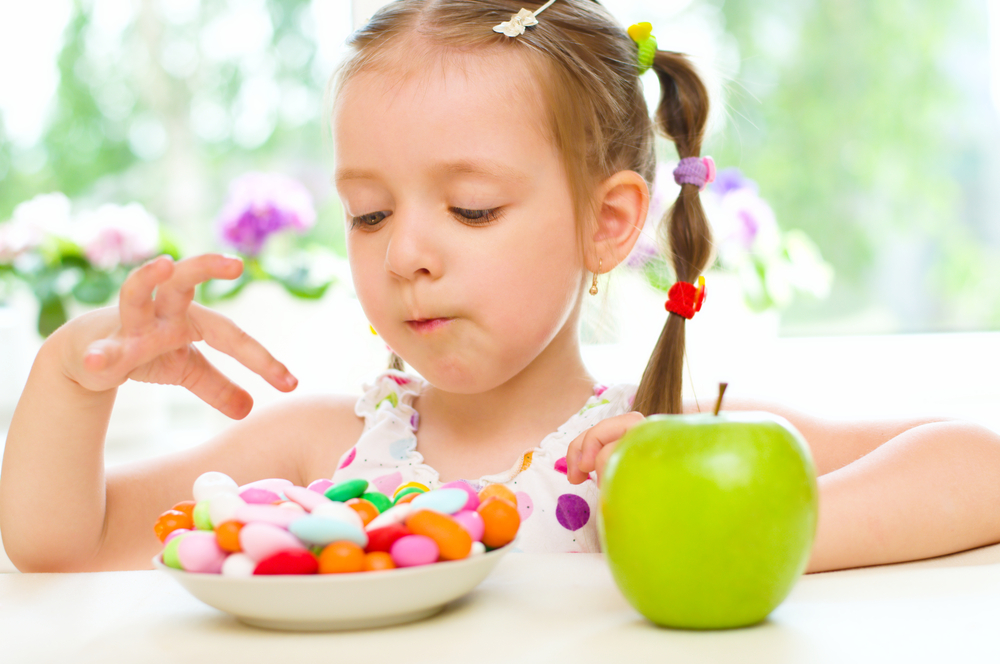The effects of emotional eating at home
Published on Tuesday, 10 July 2018
Last updated on Tuesday, 28 January 2020

The tendency for children to eat more or less when stressed and upset is mainly influenced by the home environment and not by genes, according to a new study by University College London (UCL).
The study, published recently in Pediatric Obesity, found that genetics only play a small role in young children's emotional over-eating and under-eating, unlike other eating behaviours in childhood such as food fussiness.
The research, which analysed data from over 398 British twins, builds on a previous UCL study published in 2017, which highlighted the strong effect of the home environment on emotional eating. In this study, half the families were selected specifically because the parents had obesity, to see if the effect of the home environment on emotional eating was still strong. Notwithstanding this, researchers still found that emotional eating is driven by environmental factors, regardless of the child's risk of obesity.
Research lead Dr Moritz Herle, from UCL said the evidence supported the theory that emotional under-eating and over eating in young children are influenced primarily by environmental factors, not genes.
"Experiencing stress and negative emotions can have a different effect on appetite for different people. Some crave their favourite snack, whereas others lose their desire to eat altogether when feeling stressed or sad," he said.
Parents involved in the Twins Early Development Study (TEDS) described their four-year old twins' eating habits when experiencing emotions, such as feeling upset or anxious. The researchers then compared how similar identical and non-identical twin pairs were for emotional over-eating and under-eating.
UCL research Dr Clare Llewellyn said the results were surprising. "Previous studies have shown that other eating behaviours are strongly influenced by genes in early childhood, such as being fussy about food. We actually don't know a great deal about the physical and mental health consequences of emotional eating in childhood because studies that track those children over many years haven't been done," she said.
Dr Llewellyn said the findings were important because the tendency to want to eat more in response to negative emotions could lead to obesity and eating disorders such as anorexia or bulimia in later life.
Is there anything early childhood educators can do about this?
Given most Australian preschoolers spend many hours in early childhood services, these settings offer an excellent opportunity to balance the effects of unhealthy eating patterns at home through exposing children to positive dining experiences.
Early childhood educators can support the development of good eating habits in young children by:
- Providing a peaceful and predictable eating environment where all children have the opportunity to eat as much or as little as they like, at their own pace. This means removing distractions and diversions and making eating and talking the primary objective.
- Allowing children to take time to eat their meal and encouraging fast eaters to stay at the table and talk with other children and educators to create a special ritual around shared mealtimes.
- Ensuring children have the correct equipment to take full ownership of self-feeding and allowing children to serve themselves. This creates a sense of empowerment and ownership and may encourage children to try food unfamiliar to them.
- Initiate conversations at meal times by asking open ended and interesting questions to encourage children to open up and talk. Conversations can be about the food as well as the activities of the day, the weather, families, anything which keeps the ideas flowing.
- If possible, educators should always sit and eat with the children for the duration of the meal, to keep an eye on what’s going on as well as to role model positive eating habits.
Related Articles

How to turn mealtimes into successful development experiences | Careforkids.com.au
Why mealtimes are so valuable for young children in care, ways to improve your current systems and create different mealtime experiences.

Moon squirters and broccoli trees - The power of child focused language
Using child focused language to promote healthy eating.

Menu planning tool aims to tackle obesity
In an effort to curtail obesity in young children the government has launched feedAustralia, a menu-planning tool to support early childhood services to provide meals which meet Australian Dietary Guidelines.
